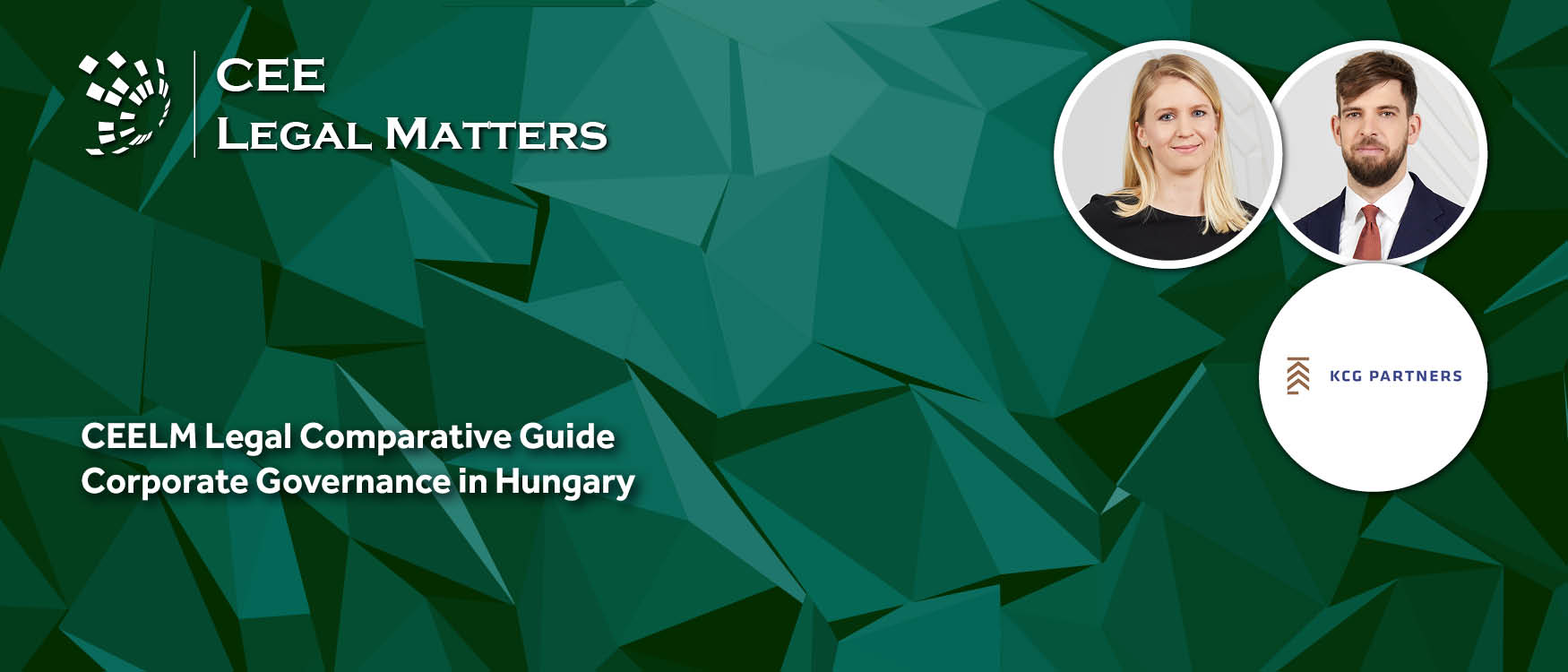Contributed by KCG Partners.
Corporate Governance in Hungary
Contributed by KCG Partners.
Employment Considerations in a COVID-19 World: A Hungarian Round Table
On October 7, six leading labor lawyers in Hungary sat down for a virtual round table moderated by CEE Legal Matters Managing Editor Radu Cotarcea. The conversation focused on the current state of affairs of labor regulations in Hungary and their evolution over the pandemic-marked last few months.
Developments in Development: A Hungarian Round Table
The Hungarian real estate and housing market is experiencing golden days. Although the market took a serious hit during the financial crisis in 2008, today enormous sums are again being invested in office buildings, shopping malls, hotels, residential areas, and retail. In order to map the underlying reasons behind the market’s boom, and to better understand how the country is dealing with the high demand for development lands and properties, CEE Legal Matters sat down with six Hungarian lawyers specialized in Real Estate & Construction and a Legal Counsel from Prologis, a Real Estate & Supply Chain Logistics company.
Real Estate Experts Gather for CEELM Round Table in Budapest
On Thursday, April 19, 2018, CEE Legal Matters hosted a round table discussion at the Dentons office in Budapest with leading real estate experts in the market.






